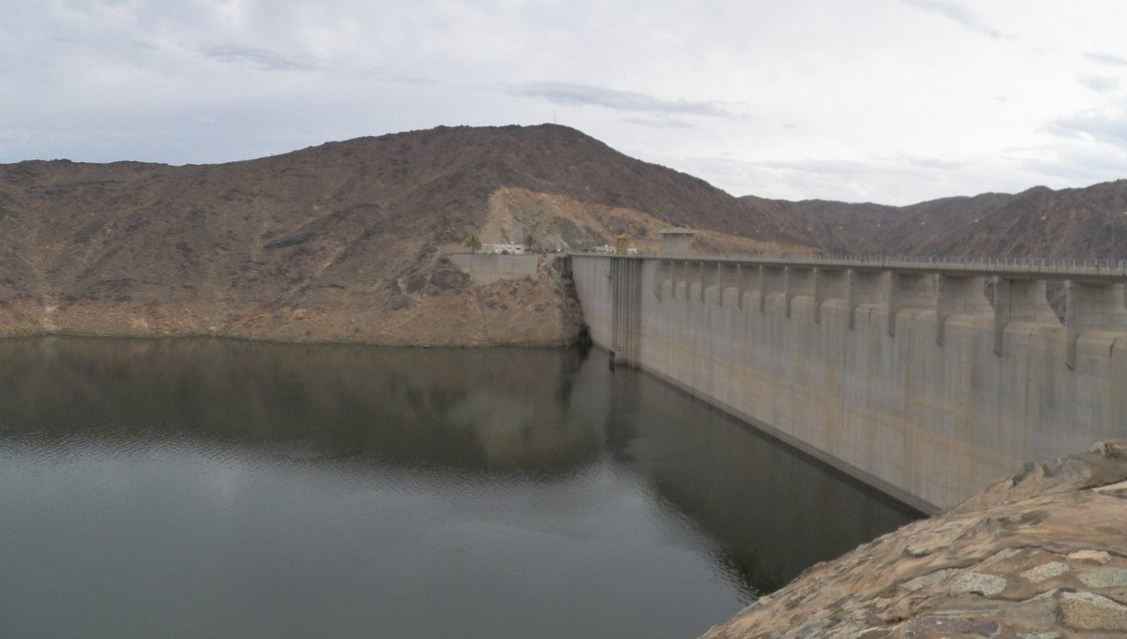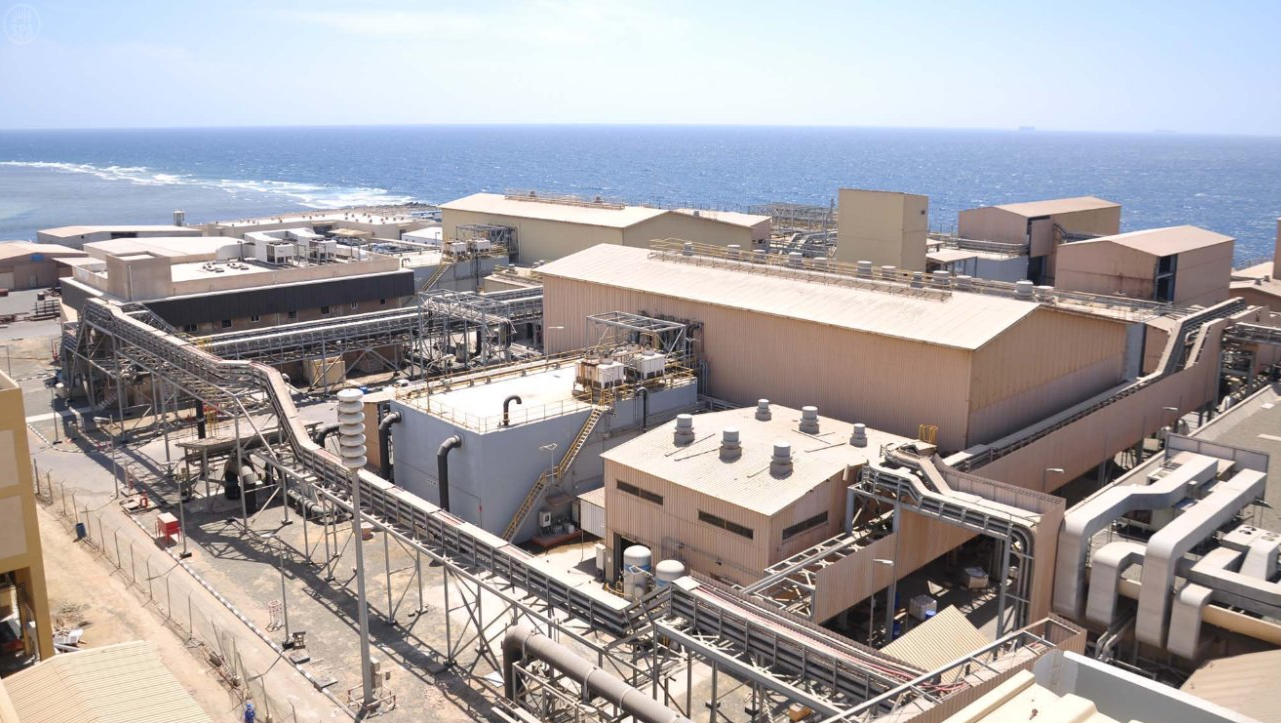Water supply for the Saudi Arabia is among its foremost challenges. In 2013, SUSTG wrote about the obstacles facing water sustainability for Saudi Arabia. Some experts predicted full water depletion by 2050 if nothing is done.
However, a new local study done by the King Faisal University finds that Saudi Arabia’s timetable for water is much shorter than previously estimated. Saudi Arabia’s groundwater is now estimated to run out in the next 13 years, according to a water expert at KFU.
A faculty member at the university, Mohammed Al-Ghamdi, made the announcement following an issued report by the World Bank on global natural water scarcity, according to reports. “Official estimates have been disclosed showing an acute drop in water levels in agricultural areas, and that indicates the seriousness of the situation,” said Al-Ghamdi.
According to ArabianBusiness.com, the drop is “largely due to agricultural consumption, which makes up 95 percent of total usage. Industrial and human consumption make up the remaining 5 percent.”
Saudi Arabia relies mainly on its groundwater, which accounts for 98 percent of its total water sources, and water from desalination plants.
Jon Alterman noted in his 2011 article on the subject, ‘Clear Gold’ – Water as a Strategic Resource in the Middle East that water reserves were the “real wild card for political and social unrest in the Middle East.” Saudi Arabia receives only 4 inches of rainwater a year, and its rapidly developing economy continues to increase its thirst for water to supply its citizens.

All water matters are handled by Saudi Arabia’s Ministry of Water and Electricity. Saudi officials have made adjustments to its national agriculture policy to conserve water, like banning the growing of wheat by 2016 and making strategic purchases of large tracts of farmland abroad.
Saudi Arabia has also become the world’s largest producer of desalinated water, and in January of 2015, announced that it would build the world’s largest solar-powered desalination plant. The Kingdom produces roughly 50% of all the desalinated water in the world.
But if the KFU estimate is correct, it must move faster to stave off a serious water crisis.









